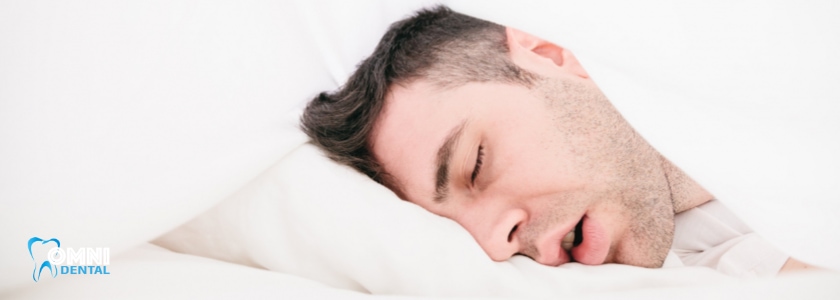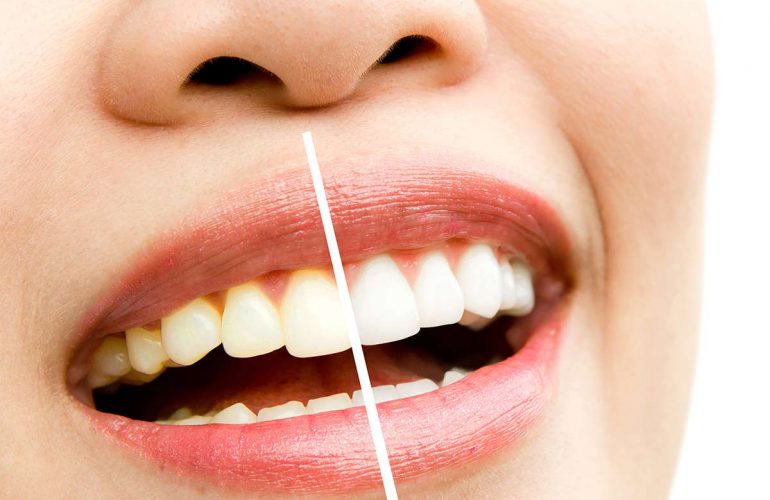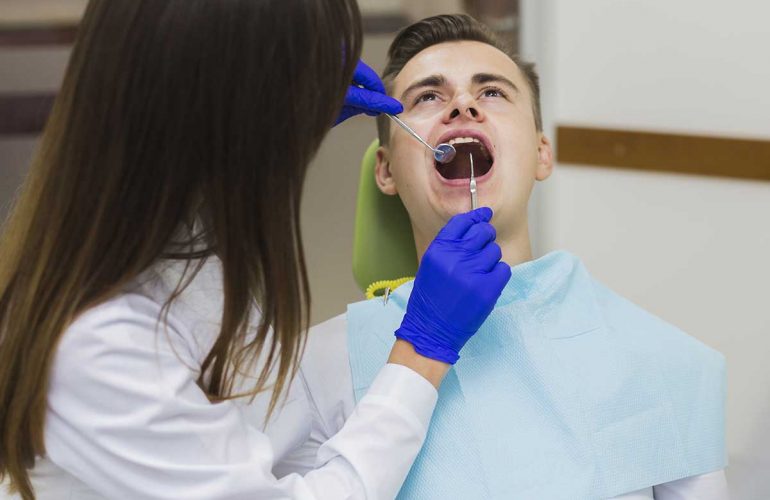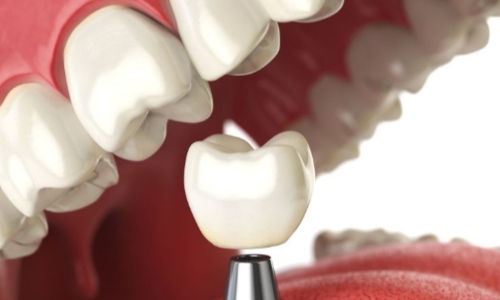
What Is Obstructive Sleep Apnea?
Sleep apnea can be a life-threatening disorder . A person with obstructive sleep apnea will stop breathing at various points during sleep, causing their blood-oxygen-level to drop. When the brain recognizes the lack of oxygen, the body wakes up enough to start breathing normally again. This can happen hundreds of times per night, and you may wake up feeling unrefreshed. Over time, the constant loss of sleep and oxygen can lead to serious health problems including heart disease, high blood pressure, stroke, diabetes, hypertension, and cognitive impairment.
Dental Implant
Emergency Care
Teeth cleaning
Sleep Apnea & Snoring Treatment Options
Traditional Treatment
In the past, the most common treatment for snoring and sleep apnea was CPAP or continuous positive airway pressure. CPAP consists of a mask that fits over your nose and mouth that straps on, a tube that connects to the machine’s motor, and a motor that blows the air into the tube and mask. Many patients who initially try CPAP find that they are not able to use it comfortably or inadvertently take it off during sleep.
Using continuous positive airway pressure(CPAP) requires a over night staying at sleep study center to measure the level of severeness of your condition to recommend a needed pressure adjustment for a healthy night sleep.
Oral Appliance Therapy
In other hand, Dental Professionals offer oral appliance therapy as a convenient alternative for treat snoring as well as treating mild to moderate sleep apnea. More comfortable than a CPAP machine, Oral Appliance Therapy offers a restful night’s sleep to patients suffering from snoring and/or sleep apnea.
Dental Procedure For Snoring
Dental professionals must determine if the snoring problem signifies the presence of snoring and obstructive sleep apnea as early as possible. However, many patients with mild to moderate sleep apnea have been treated with oral sleep appliance that are far more comfortable to wear than CPAP. To treat your sleep apnea, our doctors will prescribe and fit a custom-made oral appliance (mouth guard) that will safely maintain your upper airway in an open position. Many patients also notice a reduction or elimination of snoring.
Snoring does not signal the presence of obstructive sleep apnea (OSA) all the time. There are times when the condition is triggered only by a social inconvenience. To determine whether snoring is tied to OSA, consider whether these sleep apnea symptoms are also present:






